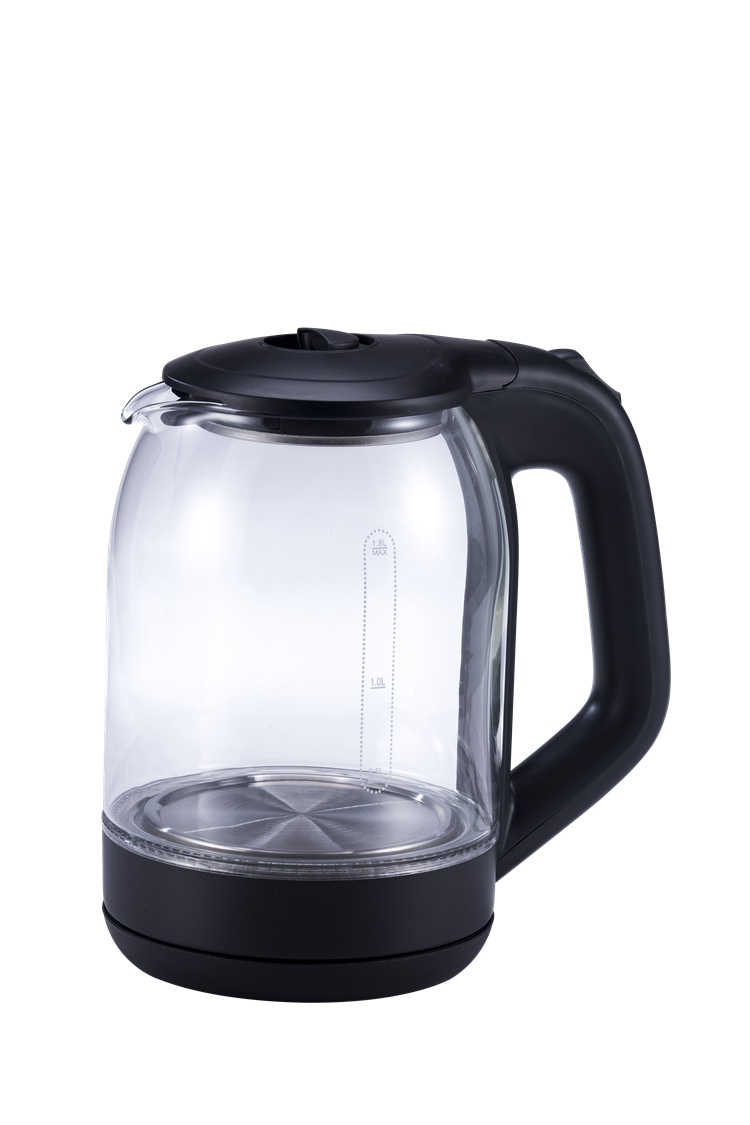
When it comes to boiling water, it is important to choose a glass container that is safe, durable, and able to withstand high temperatures without cracking or breaking. While there are many types of glass available, not all of them are suitable for boiling water. Here are a few options that are commonly recommended:
1. Borosilicate Glass: This type of glass is known for its high thermal resistance and durability. Borosilicate glass can withstand rapid temperature changes, making it ideal for boiling water. It is also resistant to chemical corrosion, which means it won't react with the water or transfer any unwanted flavors or odors.
2. Heat-resistant Tempered Glass: Tempered glass is specially treated to increase its strength and resistance to thermal shock. It has a higher tolerance for temperature variations, making it a suitable choice for boiling water. Tempered glass containers also tend to be more durable and less prone to breakage.
3. Pyrex: Pyrex is a brand of borosilicate glass that is widely recognized for its heat resistance. It can withstand high temperatures without shattering, making it a popular choice for boiling water. Pyrex containers are also known for their ability to distribute heat evenly, which can result in faster boiling times.

It is important to note that not all glass containers are suitable for boiling water. Regular soda-lime glass, for example, can be prone to cracking or shattering when exposed to rapid temperature changes. Therefore, it is advisable to choose a container specifically designed for high-temperature applications.
Additionally, it is good practice to always follow the manufacturer's instructions and guidelines for using glass containers to boil water. Some glass containers may have specific limitations, such as a maximum temperature or a recommended heating method.
In conclusion, when looking for the best glass to boil water in, it is recommended to choose a borosilicate glass, heat-resistant tempered glass, or a Pyrex container. These types of glass are designed to withstand high temperatures and are less likely to crack or break when exposed to thermal shock.